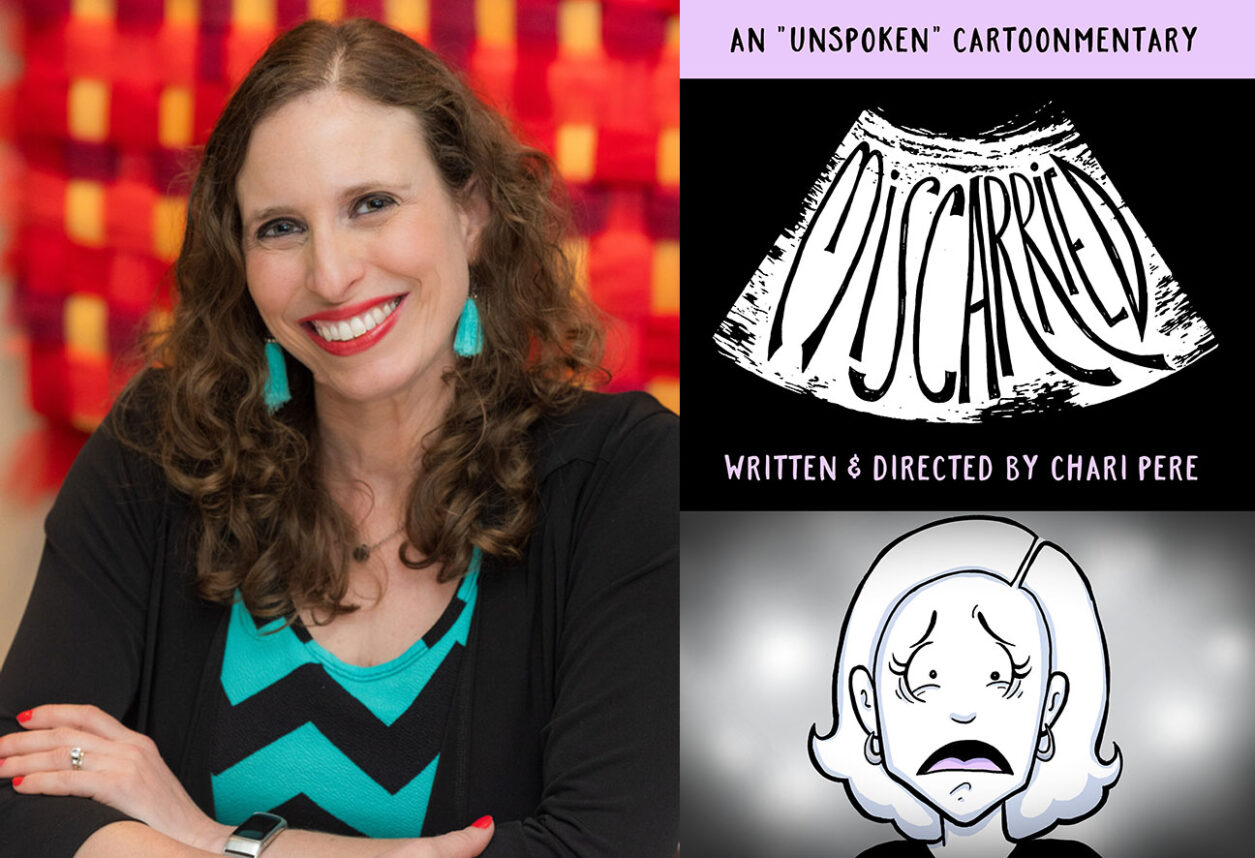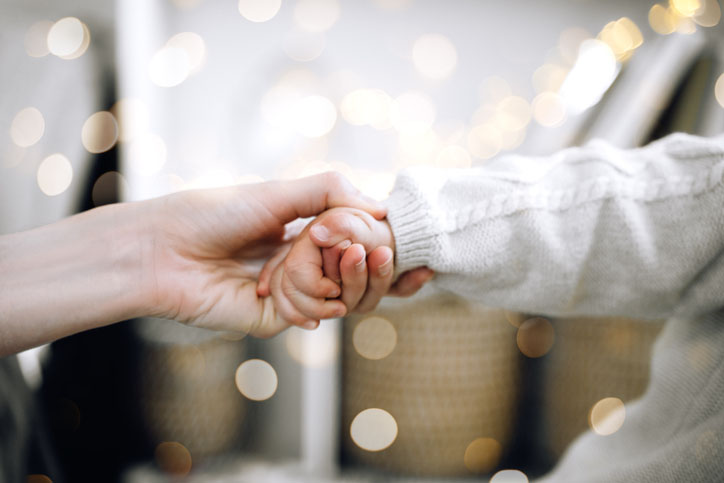Dana Reinhardt says she was surprised when her young-adult novel “The Things a Brother Knows” (Wendy Lamb Books: $16.99) won the 2011 Sydney Taylor Book Award in January, because her tale isn’t set during the Holocaust or in a shtetl, and it doesn’t wrestle with themes of anti-Semitism.
Instead, her book is told from the point of view of Levi Katznelson, a 17-year-old Israeli American, who attempts to reconnect with his older brother, Boaz, a Marine who isolates himself after he returns home from fighting overseas.
“It’s great to see that writing books about Judaism can be about what it means to be a normal kid for whom their Jewish identity is part of a large, complex identity,” said Reinhardt, speaking on the phone during a trip to Israel.
Reinhardt says she had wanted to write from the time she was young. She recalls crying for days after reading “Bridge to Terabithia” and thinking, “Wow, I would love to do that.” She also credits the summers she spent as a child with her artistic grandparents in Austria — her grandfather was a film director — with providing inspiration for a career in storytelling.
“I used to spend most summers [in Salzburg] with my grandparents, and I would say those were incredibly formative years. … They were both so creative and artistic and just incredible storytellers,” said Reinhardt, who lives with her husband, New Israel Fund CEO Daniel Sokatch, and their children in San Francisco.
Raised in Los Angeles, Reinhardt, 40, comes from an accomplished family. Her great-great-grandfather, Max Reinhardt, was a successful filmmaker, theater director and actor. Her father, Stephen Reinhardt, is a judge on the U.S. Court of Appeals for the 9th Circuit, and her stepmother, Ramona Ripston, served as the executive director of ACLU of Southern California for 38 years.
After working a desk job at a publishing house, attending law school and then making documentaries for PBS, Reinhardt started writing professionally in her 30s.
Reinhardt says that the idea for “The Things a Brother Knows” was born out of stories she heard on NPR about soldiers returning home from war. And it’s Boaz’s identity as an Israeli American that inspires him to join the Marines, she says.
“What if you were carrying about the question of this essential Israeliness, with a son who has a father and grandfather [who served in the Israeli army] — and you’ve heard their stories about their time in the Israeli army and maybe you’ve romanticized it?” Reinhardt said.
Barbara Bietz, a children’s author and chair of the committee that selected Reinhardt’s book for the award, insists that “The Things a Brother Knows” is Jewish literature.
“We didn’t even question whether this was a Jewish book or not,” Bietz said. “This is a Jewish family. The father is from Israel, and the son was impassioned about doing service for his country because of his father’s experience in the country.
“It’s just a contemporary novel about a Jewish family that we can all relate to,” she added.
Reinhardt’s other Jewish-themed novel is “A Brief Chapter in My Impossible Life” (2006); she has also written “Harmless,” (2007), “How to Build a House” (2008) and, her latest novel, “The Summer I Learned to Fly” (Wendy Lamb Books), which recounts the tale of a girl who spends the summer before eighth grade making her first real friend.
Reinhardt says she is drawn to the coming-of-age genre as both a reader and a writer.
“It’s extremely rich territory,” Reinhardt said. “Understanding things for the first time, or seeing things for the first time, or trying to figure out where you fit in the story.”
Book review publications such as Booklist and School Library Journal have embraced Reinhardt’s novels for their relatable characters, realistic dialogue and their sense of humor.
Reinhardt says of her books, she struggled most with “The Things a Brother Knows,” but not because it was written from a male perspective.
“What I found so hard was keeping Levi from sounding too self-pitying and also focusing so much of the narrative on a character [Boaz] who is ultimately unknowable,” she said.
Reinhardt concedes that her characters’ struggle with Judaism reflects her own.
“I would definitely say it’s something I must think about a lot in terms of identity,” she said, “and ultimately interests me as a writer and especially as a writer of adolescent novels, of coming-of-age stories, which are all about identity and figuring out who you are.
“Clearly [my Judaism] matters enough that I’ve written two books that deal with it.”






















 More news and opinions than at a Shabbat dinner, right in your inbox.
More news and opinions than at a Shabbat dinner, right in your inbox.